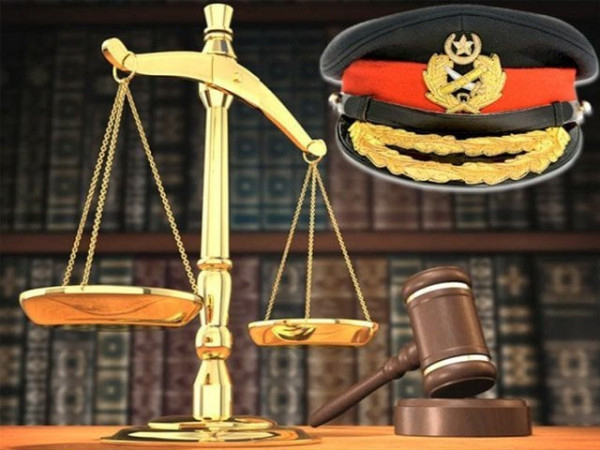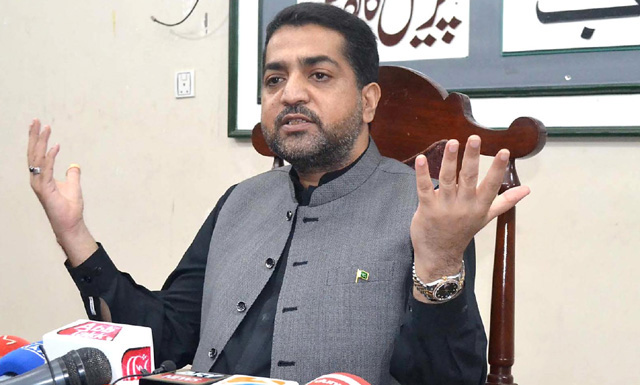Supreme Court Questions Legitimacy of Military Courts for Civilians, Warns Against Undermining Constitutional Rights

Islamabad: The Supreme Court of Pakistan has raised significant concerns regarding the trial of civilians in military courts, emphasizing the protection of fundamental rights guaranteed by the Constitution. During the hearing of government appeals against the decision to annul the trial of civilians in military courts, the court questioned how civilians could be deprived of their basic rights under military law.
The hearing was held in response to intra-court appeals regarding the decision to nullify certain provisions of the Army Act, which allowed the trial of civilians in military courts. The government’s lawyer, Khawaja Haris, argued that the court’s decision consisted of two parts: one declaring certain provisions of the Army Act unconstitutional, and the other relating to the custody of accused individuals by military courts.
Justice Muhammad Ali Mazhar asked whether the five-member bench had found the provisions of the Army Act to be in conflict with Article 8 of the Constitution (which safeguards fundamental rights), and what justification had been provided in the decision for this view.
Justice Jamal Mandokhail remarked that the case surrounding military courts was largely focused on Article 8, questioning how civilians who are not part of the armed forces can be subjected to military discipline. “How can someone who is not in the armed forces be made subject to its discipline?” he questioned.
Khawaja Haris responded by stating that military discipline could apply to civilians in certain circumstances if permitted by law. However, Justice Mandokhail pointed out that the application of military discipline to someone not in the military could be a violation of constitutional rights, as guaranteed by Article 8.
The court also discussed the practicality of military law being applied to civilians. For instance, if a civilian were to commit a crime against military property, such as attacking an army installation, the trial would be conducted in a military court. However, Justice Mandokhail highlighted that this could undermine the constitutional rights of civilians.
The discussion also included historical references to the concept of military discipline. Justice Mandokhail reminded that the idea of separating military personnel from the general public was first introduced by Caliph Umar ibn al-Khattab, who emphasized strict discipline within the military.
The Supreme Court further inquired about the potential consequences of including civilians in military discipline, warning that it could lead to disastrous outcomes. Justice Masarat Hilali also differentiated between personal grudges resulting in the killing of a soldier, which would be handled by a civilian court, and attacks on military property, which would be dealt with under anti-terrorism laws.
The court adjourned the hearing until Friday, seeking further details regarding the FIRs related to the events of May 9 and 10.
This case has become a significant legal and constitutional debate in Pakistan, with the Supreme Court considering the balance between national security, military authority, and the protection of civilian rights.






